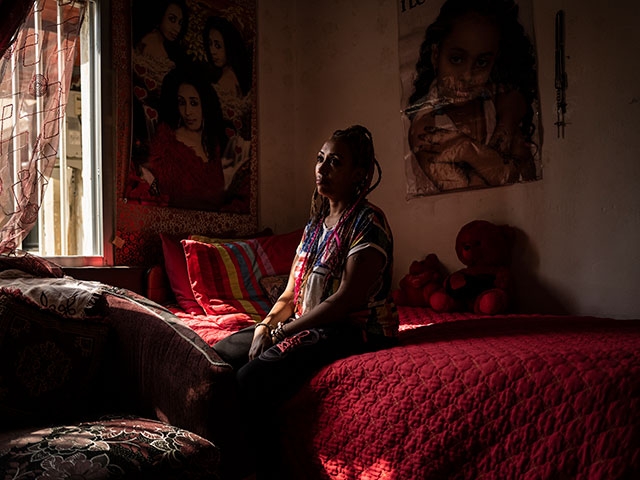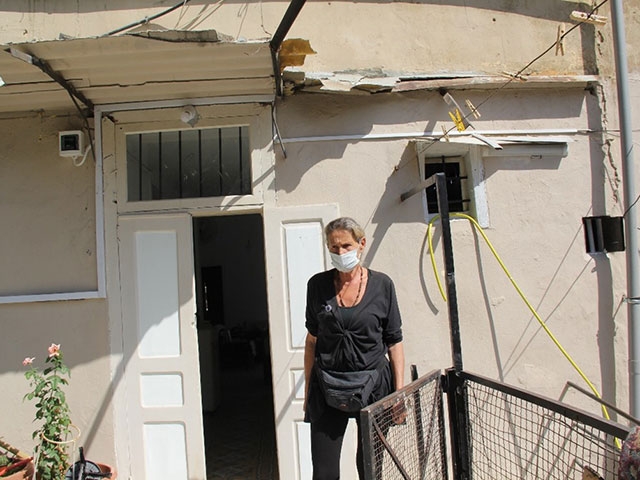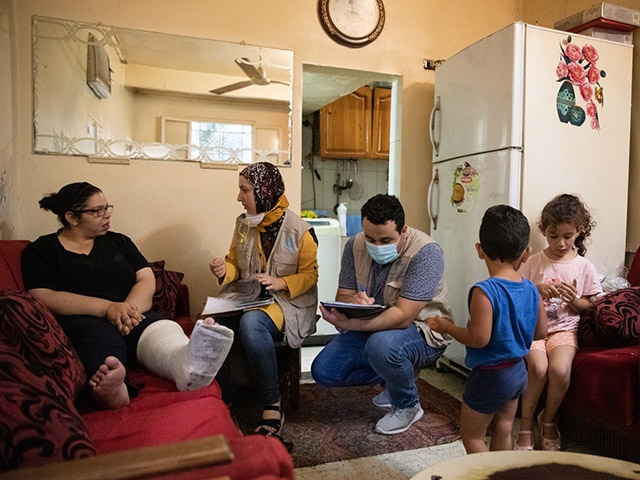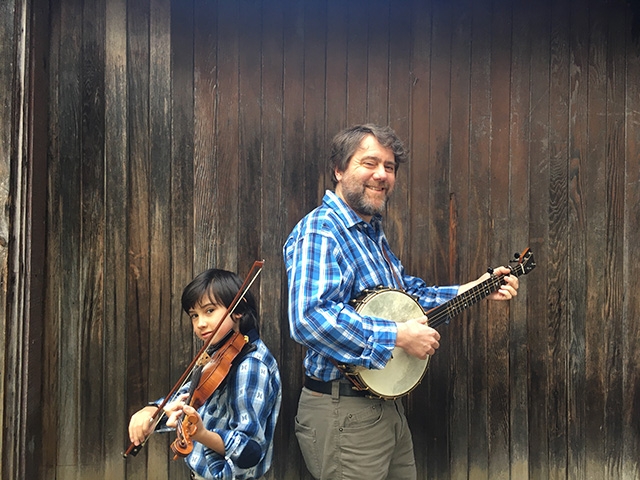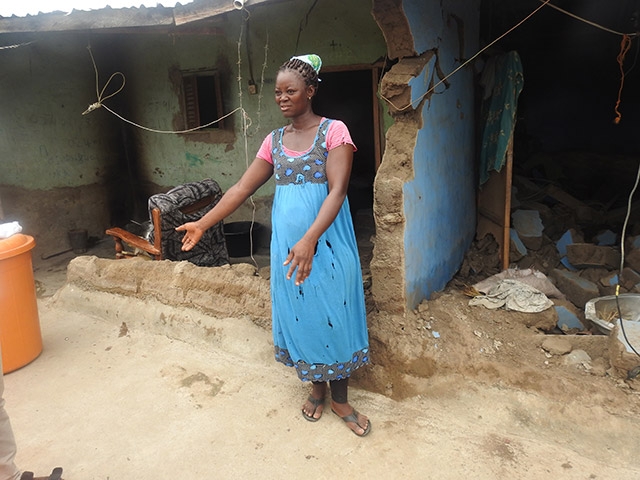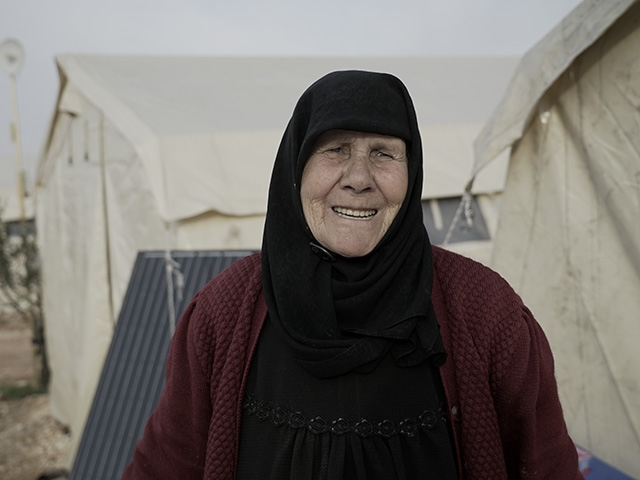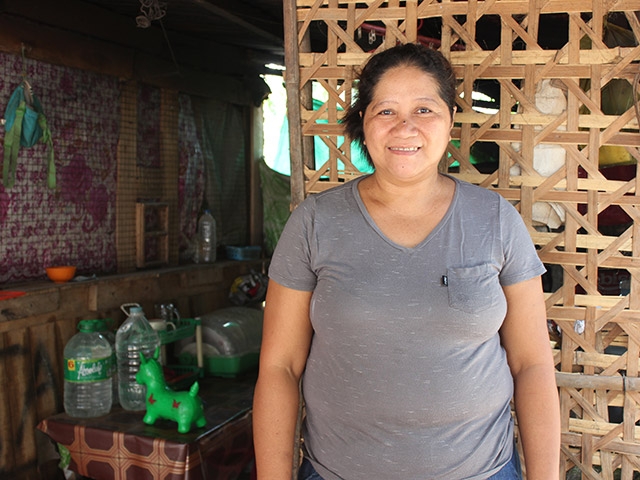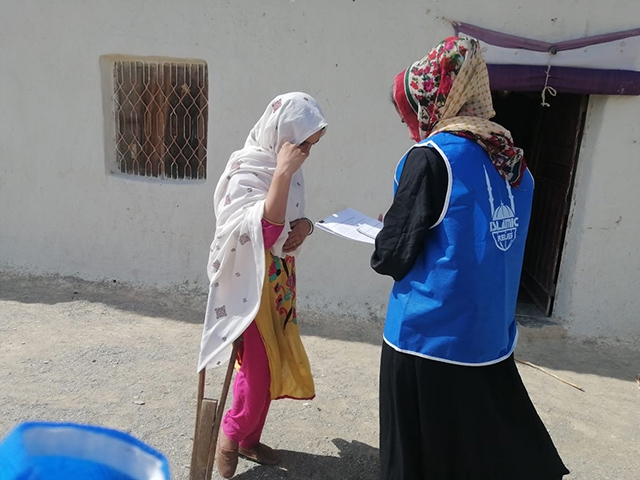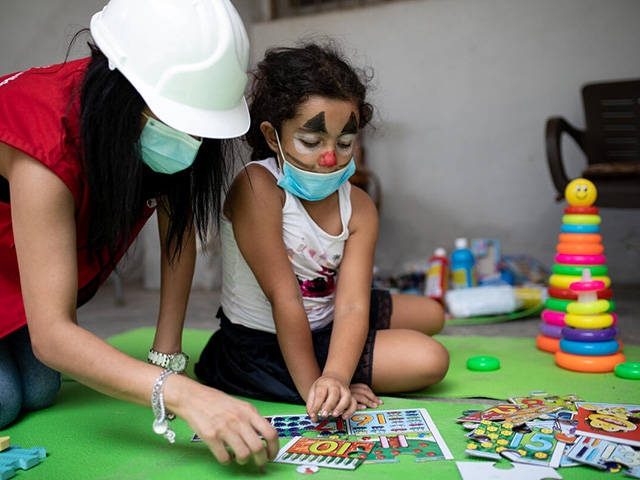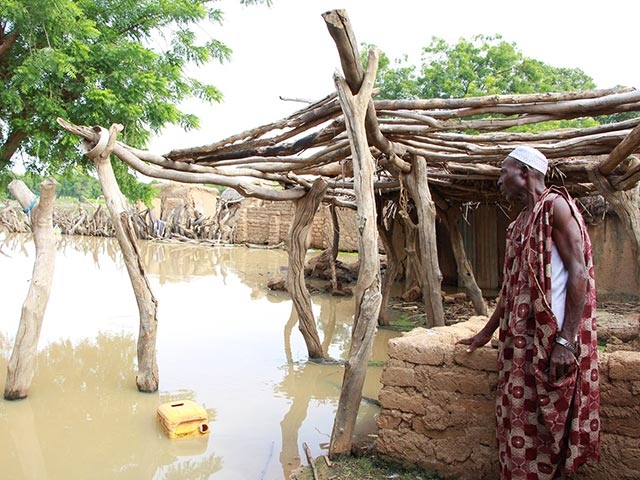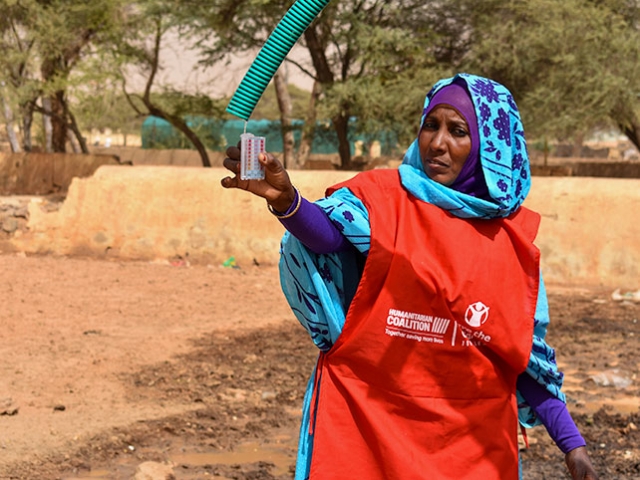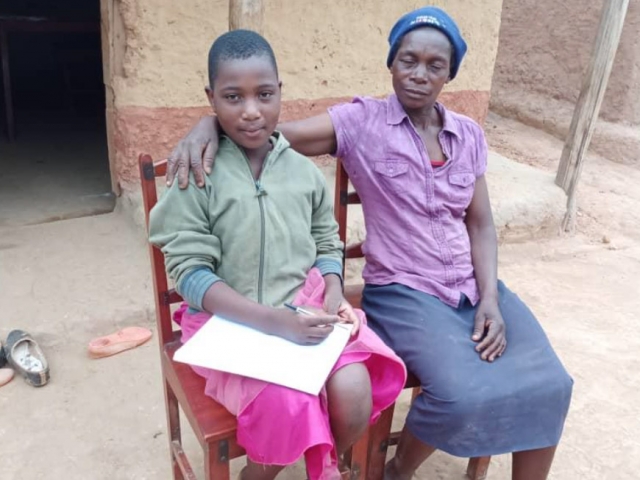The Humanitarian Coalition members are taking care of basic survival needs and helping people rebuild their lives when their homes, schools and livelihoods have been devastated by a disaster. Learn more about these crises and meet people who have benefited from your support.
On August 4th, C finished her shift at the hotel and walked home. She lived in a small studio apartment in the Karentina-Mdawar area in Beirut, Lebanon. She had barely walked through the front door when it happened. Her apartment was less than one kilometer away from centre of the blast that blew across the city.
Hayat is a 65-year-old woman living in Ashrafieh, a community in the eastern part of Beirut. She lived through the long years of civil war in Lebanon with her daughter Nancy, and her son Shadi. At 2 years old, Shadi lost his hearing and his ability to speak when a bomb exploded too close to his home.
Many of Beirut’s inhabitants were seriously injured when explosions ripped through the city’s port on August 4th. Humanity and Inclusion’s (HI) voluntary workers have been reaching out to the residents of two Beirut neighbourhoods — Quarantine and Basta — to provide physiotherapy, cash assistance and emergency equipment to the injured and people with disabilities. Since the explosion, HI has provided aid to 500 people.
When the explosion happened in the port of Beirut, Max knew he wanted to help the people of Lebanon. Keeping in mind COVID-19 and personal safety, Max asked his parents for help setting up a virtual concert, a livestream on Facebook that could be shared with friends and family.
Kayampok is a widow and mother of four children from the Upper East Region of Ghana. In October 2019, torrential rains caused devastating flooding in the region. People lost their livelihoods because farms and houses were submerged in the floods and more than 26,000 people were displaced and living with relatives or in temporary shelters.
When the bombing destroyed the medical centre, the school and many of the homes in her village of Al-Tah in Idlib, Umm Walid decided it was time to make a run for it.
The roof on Josephine’s house had caved in and the structural damage made it unsafe to enter. Her 12-member household, including extended family, had nowhere to go, so they set up a makeshift tent beside their house.
Najat Hamid, a member of the community, leads the workshop. She is regarded as a champion of proper hygiene in her community but it wasn’t too long ago that she was sitting in these training sessions herself, hoping to learn how to protect her children’s health.
